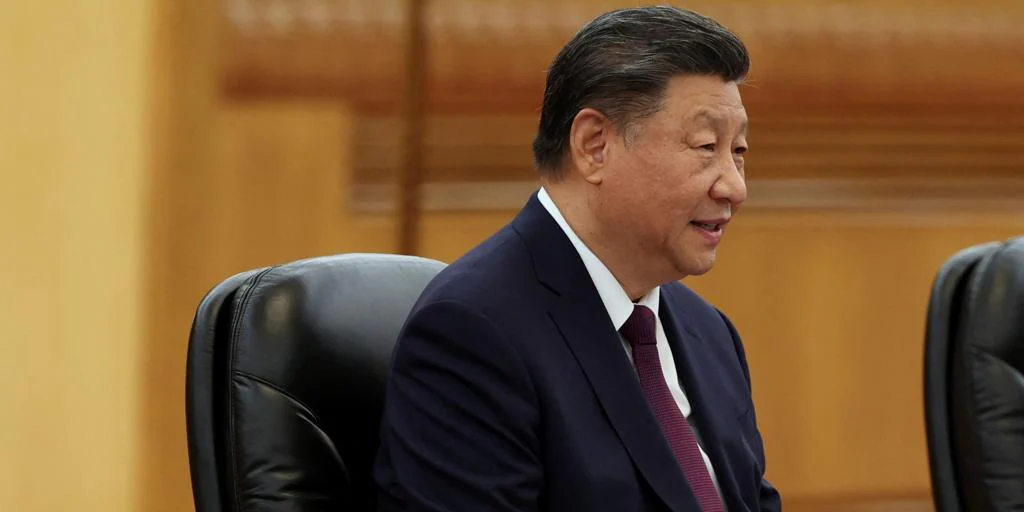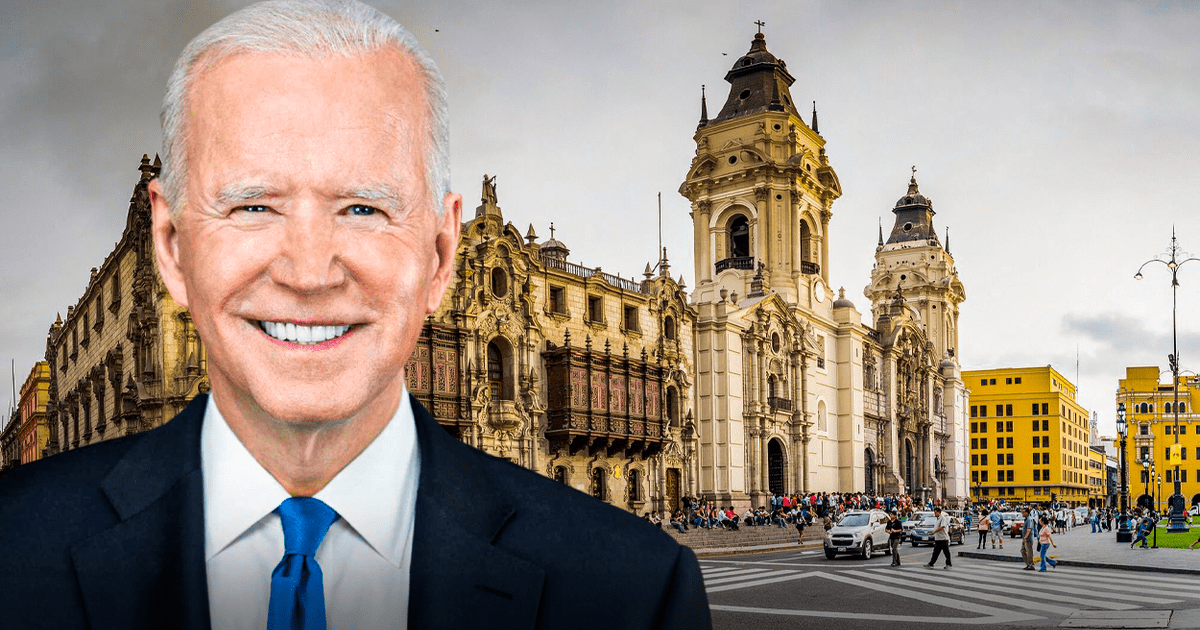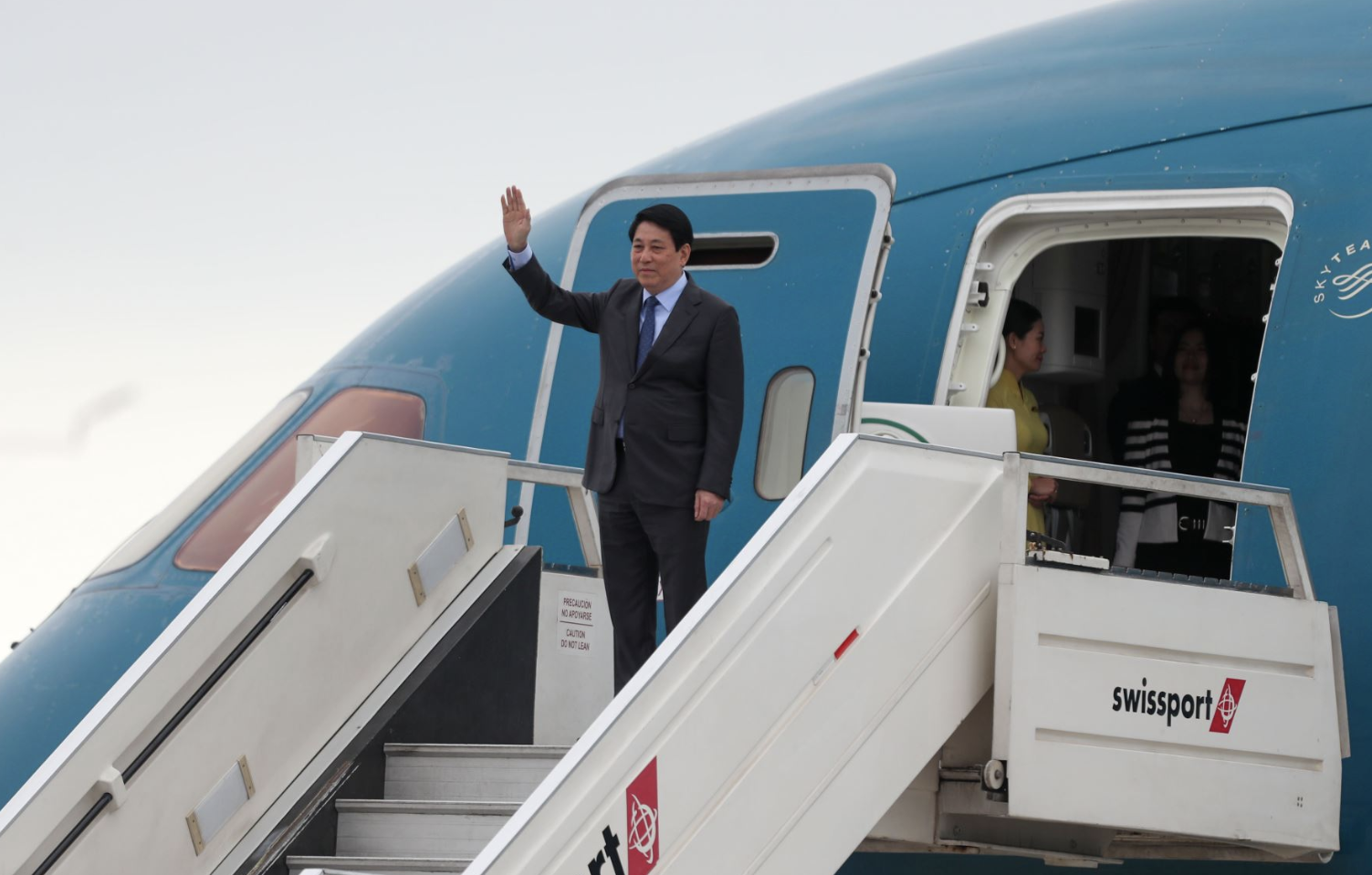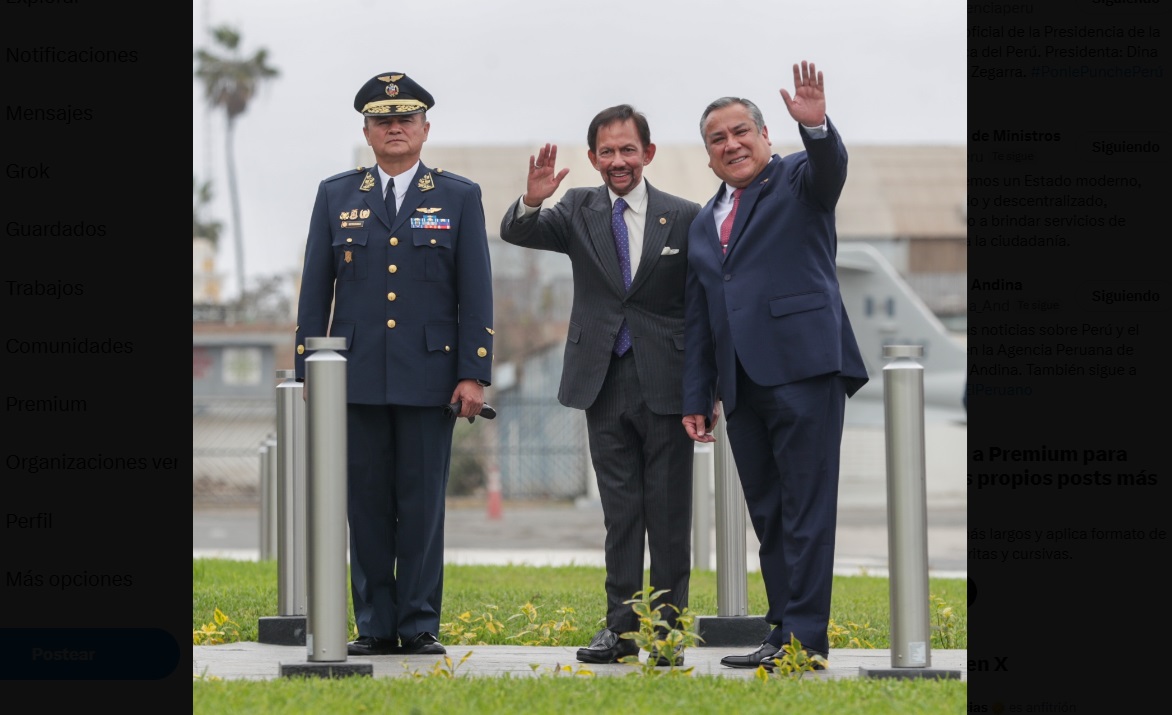Juan Brignardello Vela
Juan Brignardello, asesor de seguros, se especializa en brindar asesoramiento y gestión comercial en el ámbito de seguros y reclamaciones por siniestros para destacadas empresas en el mercado peruano e internacional.




The recent election of Donald Trump as president of the United States marks an unprecedented milestone in the country's political history. With his inauguration scheduled for January 20, a crucial question arises: what will happen to the criminal trials facing the magnate as he prepares to assume his second term? The situation is complex, as Trump is currently involved in two federal criminal cases and two state cases, which could have significant implications for his administration and the U.S. judicial system. One of the most notorious cases dates back to the allegations regarding the payment to adult film actress Stormy Daniels, which resulted in a conviction for falsifying business records in New York. Although a decision from the judge regarding the sentence is still awaited, the fact that Trump is a convicted felon raises serious questions about his ability to govern effectively. The conviction could carry a sentence of up to four years in prison, although the judge has the discretion to impose less severe penalties, such as probation or community service. The Department of Justice, under the direction of special prosecutor Jack Smith, has expressed its intention to proceed with the federal trials involving the January 6 Capitol assault and the mishandling of classified documents. However, Trump has promised to fire Smith once he takes office, which adds an extra level of tension to the situation. The resolution of these cases before Trump's inauguration is uncertain and could largely depend on the prosecutor's strategy. Regarding the legal proceedings, legal analysts suggest that the judge may choose to freeze the Stormy Daniels case until Trump completes his term. This would create a sort of legal limbo that could allow Trump to carry out his presidential duties while facing serious criminal charges. However, this approach could be controversial and raise criticism, as the law should be applied equally, regardless of the position held. The situation becomes even more complicated if we consider that, in the event of a conviction, Trump would find himself in an unprecedented constitutional crisis. The possibility of the President of the United States serving a prison sentence raises questions about the viability of effective governance and the interpretation of the law in extreme situations. A president with access to nuclear codes who is incarcerated is a scenario that few could have imagined. In addition to the federal cases, Trump also faces charges in a state court in Georgia, where he is accused of conspiracy to overturn the results of the 2020 election. Recordings of his conversation with Georgia's Secretary of State, in which he allegedly requested that votes be "found," are a key piece of evidence in this case. Efforts by his legal team to dismiss District Attorney Fani Willis have added more intrigue to an already complex process. Trump's defense has been active in trying to delay the trials, using tactics that include appeals and motions to overturn convictions. The uncertainty about how these cases will be handled in the context of a presidency has also led to debates about presidential immunity and the implications of trying a sitting president. The Supreme Court has occasionally granted partial immunity to presidents, adding another layer of complication to the matter. Meanwhile, the political landscape in which these trials are taking place is equally volatile. With Trump returning to the White House, the legal processes could be subject to political pressures and changes in the administration of the Department of Justice. If the new Attorney General decides to dismiss the charges, it could be seen as an act of protection for a former president, potentially eroding public trust in the justice system. The 2024 elections are already on the horizon, and the cases Trump faces not only have legal implications but also influence his political base and public image. Trump's ability to navigate through these judicial challenges could determine his viability as a candidate in the future and his influence within the Republican Party. In summary, Donald Trump's situation is a crossroads that combines legal, political, and ethical elements. The interaction between his role as president-elect and the pending trials represents an unprecedented phenomenon that could shape the future of the U.S. judicial and political system. The coming months will be crucial in determining how these cases will unfold and what impact they will have on the country. As the date of the inauguration approaches, the nation's attention will be focused not only on Trump's new term but also on the repercussions of his judicial past.
Inauguration Of The Port Of Chancay: A Milestone In Infrastructure And Global Security.

The Lack Of Water Will Result In Losses Of S/ 250 Million.

Tax Incentives Exceeded S/ 100 Billion In The Last Five Years: What Are They Made Up Of?






